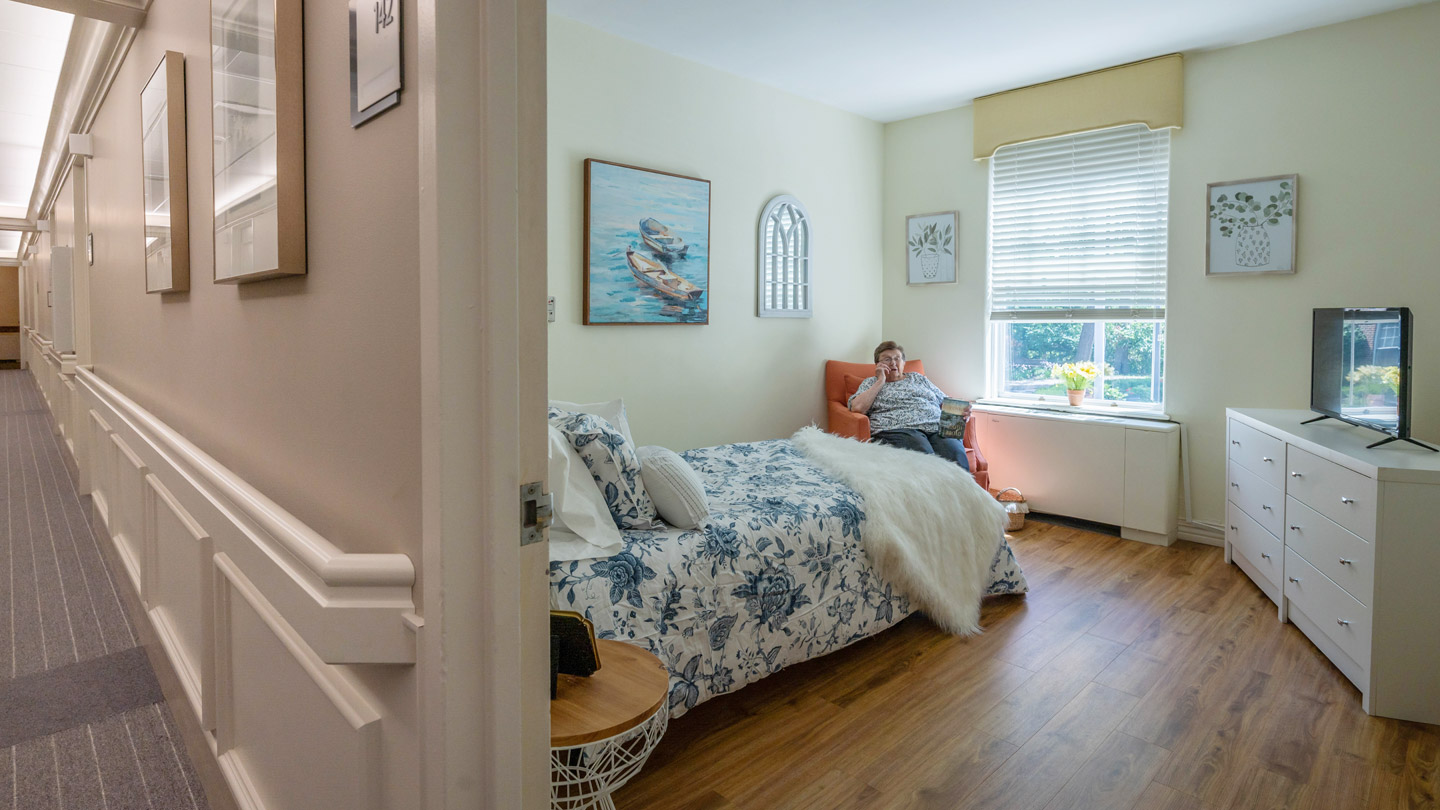Producing a Safe and Supportive Setting: In-Home Memory Treatment Fundamentals
Developing a nurturing and protected setting for people requiring at home memory care is paramount to their wellness and quality of life. From ensuring safety and security within the living area to using reliable communication strategies and carrying out memory-friendly design components, there are crucial elements that add to an all natural care technique. By concentrating on developing a supportive environment that deals with the special requirements of those with memory impairments, caretakers can significantly improve the everyday experiences of their loved ones.

Safe Living Setting
When offering at home memory care for individuals with cognitive problems,Creating a safe and secure and hazard-free living setting is paramount. Making sure the safety of the specific with memory loss is critical to stop mishaps and advertise a sense of health. One important element of developing a safe living atmosphere is to eliminate any type of potential dangers that can lead to slips, trips, or drops. This includes securing loose rugs, making sure ample lighting in all locations of the home, and maintaining paths free from mess.
Moreover, it is essential to set up security functions such as grab bars in shower rooms and hand rails along stairs to provide assistance and protect against crashes. In addition, making use of technology such as motion sensors and alarms can signal caretakers if the private wanders or remains in distress. Developing a risk-free living atmosphere also involves implementing techniques to prevent straying, such as using door alarms or locks to restrict access to hazardous areas. By prioritizing precaution and getting rid of prospective hazards, caretakers can give a safe and helpful atmosphere for individuals with cognitive problems getting in-home memory treatment.
Reliable Communication Approaches
Carrying out customized communication approaches is vital in fostering significant communications with people with cognitive impairments in the context of at home memory treatment. Efficient interaction plays an essential function in creating an encouraging environment that improves the health and quality of life for individuals with memory concerns. When interacting with a person experiencing cognitive decrease, it is necessary to make use of simple and clear language, maintain a calm and positive tone, and supply aesthetic cues to help understanding.
One key technique is to exercise energetic listening, revealing empathy, perseverance, and respect during conversations. Non-verbal hints such as faces and body movement can also assist share understanding and assistance. In addition, using reminiscence therapy by utilizing or discussing past experiences music and art can touch right into lasting memories, boosting and sparking connections engagement.
Furthermore, incorporating regular routines and regular communication patterns can offer a sense of familiarity and safety and security for individuals with memory disabilities. By carrying out these communication strategies, caregivers can develop purposeful links and promote a sense of comfort and trust in the in-home memory treatment setting.
Memory-Friendly Design
Given the significance of developing a helpful atmosphere for individuals with memory issues via reliable communication techniques, the unification of memory-friendly layout aspects in the home becomes important in optimizing their day-to-day experiences and general wellness. Memory-friendly style concentrates on boosting safety and security, comfort, and freedom for individuals with cognitive problems. Basic modifications can make a significant distinction, such as making use of contrasting colors to enhance visibility and minimize confusion, including clear signs to help navigating, and decreasing clutter to avoid sensory overload.
Including familiar elements from the person's past, such as personal pictures or favorite products, can stimulate favorable memories and produce a feeling of experience. Additionally, making sure adequate illumination degrees, setting up grab bars in shower rooms, and implementing non-slip flooring can aid avoid drops and injuries. Developing a calming and calming setting through making use of acquainted aromas, soft textures, and tranquil audios can also promote relaxation and decrease frustration. By integrating these memory-friendly style aspects, caregivers can offer a supportive and safe living area that enables individuals with memory problems to keep their independence and quality of life.
Daily Routine Planning
When developing a daily routine for individuals with memory concerns, careful planning is important to support their cognitive feature and total health. Developing an organized routine can help in reducing complication, anxiousness, and disorientation commonly experienced by those with memory disabilities. Begin by including familiar activities that line up with the person's preferences and rate of interests. Uniformity in day-to-day routines can provide a feeling of protection and security, assisting in the conservation of cognitive capacities.
It is essential to allow enough time for each task, reducing the demand to rush and preventing potential irritation. Basic tasks like dish times, individual care, medicine monitoring, and physical exercise ought to be incorporated into the routine. Furthermore, including regular periods of rest and leisure can prevent exhaustion and anxiety. Adaptability is key, as some days might need changes based upon the individual's mood and energy levels. On a regular basis evaluating and adapting the everyday routine will certainly aid guarantee its performance in promoting a positive and reassuring environment for individuals with memory difficulties.
Assistance System Application
Developing a durable network of helpful individuals plays a critical function in improving the high quality of treatment and wellness for people calling for memory assistance. Family participants, friends, healthcare specialists, and neighborhood resources can all contribute to creating a solid support group. Communication among these people is vital to make sure that the requirements of the individual with memory obstacles are fulfilled properly.
Member of the family are frequently the key caregivers and form the foundation of the support group. They provide day-to-day care, psychological support, and companionship. When needed to prevent fatigue and ensure the finest feasible care for their liked one., Full Article it is crucial for household participants to seek help and reprieve.
Along with family members support, involving health care specialists such useful content as nurses, therapists, and medical professionals can give specific treatment and guidance. These experts can use beneficial understandings, clinical advice, and support in handling the person's problem.

Verdict
Finally, creating a safe and supportive atmosphere for individuals with memory care needs is essential for their wellness. By developing a risk-free living atmosphere, using efficient communication techniques, incorporating memory-friendly design elements, planning daily regimens, and applying a solid support system, caretakers can assist enhance the lifestyle for those with memory loss. These important components collaborate to develop a nurturing and equipping atmosphere that promotes independence and boosts total high quality of life.
Creating a useful content hazard-free and secure living environment is extremely important when giving at home memory care for people with cognitive problems. By prioritizing safety actions and getting rid of prospective hazards, caretakers can offer a secure and supportive environment for people with cognitive impairments obtaining at home memory treatment.
Developing a robust network of encouraging individuals plays a crucial function in boosting the high quality of treatment and wellness for people needing memory support - Charlotte Memory Care. Communication among these people is essential to guarantee that the needs of the private with memory challenges are satisfied efficiently
